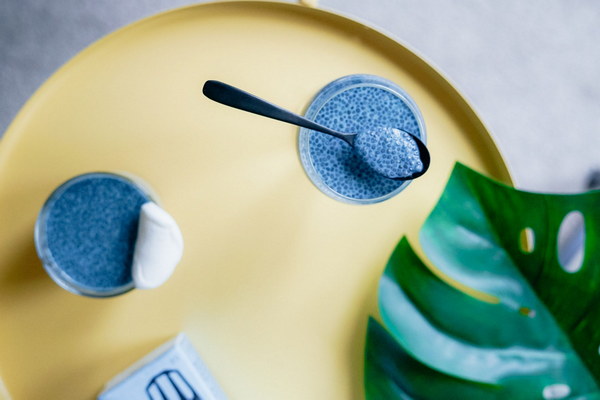Healing Through Divorce A Journey to Self-Care and Renewal
Navigating through the tumultuous waters of a divorce is an emotionally taxing experience. It's a time when one must confront the end of a significant chapter in their life and embark on a new journey of self-discovery and healing. Amidst the chaos and heartache, embracing self-care becomes paramount. This article delves into the concept of divorce wellness, offering insights and practical advice for healing and rejuvenating one’s mind, body, and soul after a separation.
Embracing Self-Care: The First Step to Healing
The first step in the healing process is to recognize the importance of self-care. It’s essential to nurture oneself during this time of transition. Here are some self-care practices to consider:
1. Mindfulness and Meditation: Engage in mindfulness and meditation to cultivate a sense of calm and inner peace. These practices can help alleviate anxiety and stress, making it easier to navigate the complexities of divorce.

2. Healthy Eating: A balanced diet can significantly impact your mood and energy levels. Incorporate nutrient-rich foods into your meals and stay hydrated to support your body's healing process.
3. Physical Activity: Exercise is a powerful tool for releasing endorphins, which can boost your mood and improve your overall well-being. Whether it’s yoga, walking, or swimming, find an activity that resonates with you and make it a part of your daily routine.
4. Quality Sleep: A good night’s sleep is crucial for healing. Establish a bedtime routine and aim for 7-9 hours of sleep each night to rejuvenate your mind and body.
5. Social Support: Surround yourself with loved ones who offer emotional support and understanding. Joining support groups or seeking professional counseling can also provide valuable resources and guidance during this challenging time.
Nurturing Your Emotional Well-being
Divorce often brings forth a myriad of emotions, ranging from sadness and anger to confusion and resentment. It’s essential to acknowledge and address these feelings to foster healing.
1. Emotional Expression: Allow yourself to feel and express your emotions without judgment. Writing in a journal, painting, or engaging in other creative outlets can be therapeutic ways to process your feelings.
2. Forgiveness: While forgiving someone who has wronged you may not be easy, it can be a liberating and healing experience. Consider seeking forgiveness therapy or practicing self-forgiveness to let go of past grievances.
3. Grieving the Loss: Recognize that the end of a marriage is a loss, and it’s important to grieve this loss in a healthy way. Allow yourself to mourn the end of your relationship and honor the memories you shared.
4. Seeking Professional Help: If you find it challenging to cope with your emotions, consider seeking the support of a mental health professional. Therapy can provide a safe space to explore your feelings and develop strategies for healing.
Rebuilding Your Identity
Divorce can lead to a loss of identity, as one’s sense of self is often intertwined with their role as a spouse. It’s crucial to rebuild your identity and redefine your values during this time.
1. Reconnecting with Hobbies: Rekindle old passions or explore new interests to rediscover your sense of self. Whether it’s learning a new skill, joining a hobby group, or taking up a creative endeavor, these activities can help you reconnect with your true self.
2. Setting Goals: Set new goals and aspirations that align with your values and interests. This can provide a sense of purpose and direction as you navigate the post-divorce landscape.
3. Creating a New Routine: Establish a new daily routine that promotes balance and well-being. This might include a mix of work, socializing, self-care practices, and personal growth activities.
4. Networking: Build a support network of friends, family, and colleagues who can offer guidance and encouragement as you navigate the post-divorce journey.
Embracing a New Chapter
Healing from divorce is not an overnight process; it requires time, patience, and self-compassion. By embracing self-care, nurturing your emotional well-being, and rebuilding your identity, you can embrace a new chapter in your life with confidence and hope.
Remember, divorce is not the end of your story; it is merely a pause in the narrative. As you navigate this transformative journey, allow yourself to heal, grow, and embrace the possibilities that lie ahead. With self-care as your guiding principle, you can emerge stronger, more resilient, and ready to embrace the new opportunities that life has to offer.









